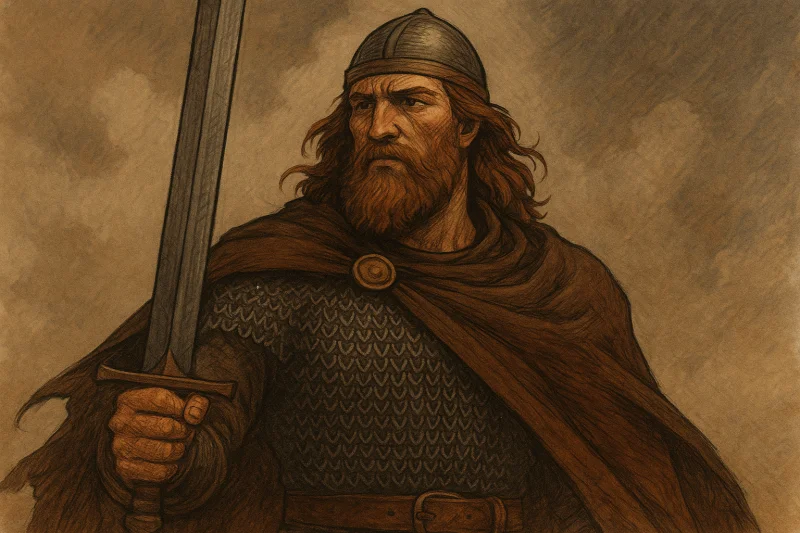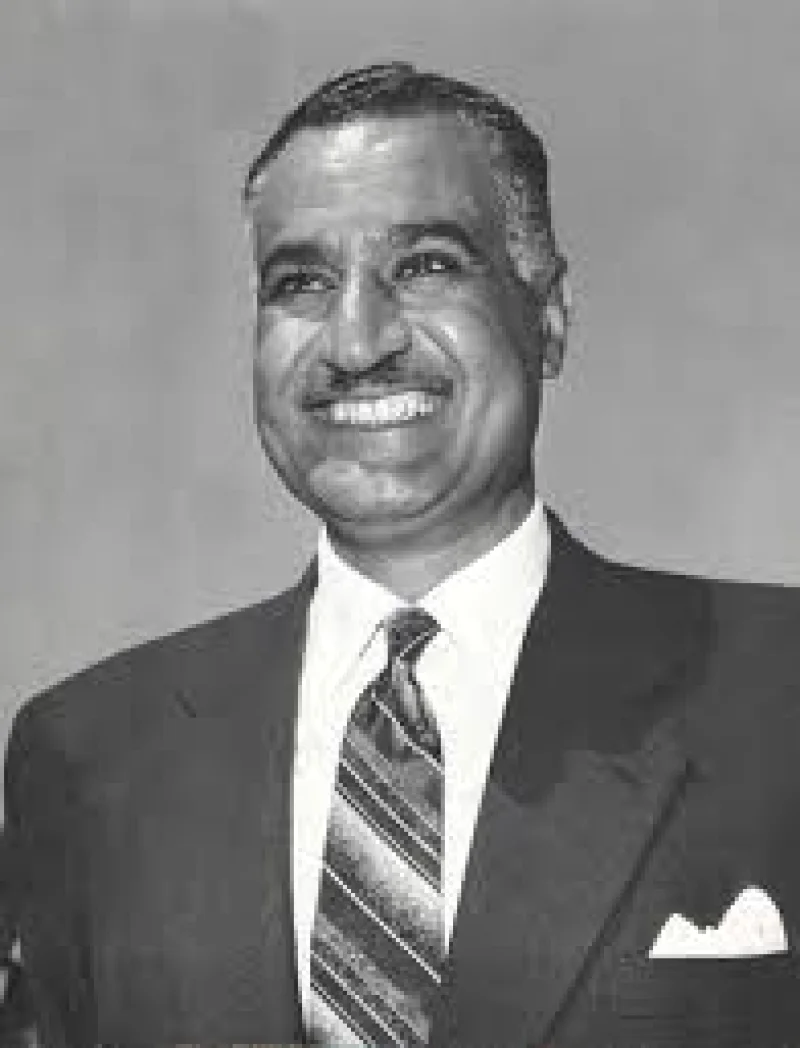Short Summary
Beowulf is a legendary figure known for his heroic feats in the epic poem named after him. Set in Scandinavia, the poem tells the story of this Geatish hero's battles against the monster Grendel, Grendel's mother, and a dragon. Beowulf's tale is celebrated for its exploration of heroism, courage, and loyalty, making it a cornerstone of Anglo-Saxon literature and one of the most important works in the Old English canon.
Early Life & Education
Beowulf was born into the Geatish nobility, the son of Ecgtheow and a member of the royal family in present-day Sweden. His early life was marked by the values of kinship and duty, which were integral to the warrior culture of his time. While there is no specific account of his formal education, his upbringing would have involved learning the skills necessary for leadership and combat, alongside the oral traditions that preserved the history and stories of his people. These early influences shaped his character and prepared him for the heroic deeds that would later define his legacy.
Career Highlights
Beowulf's career as a hero is defined by his significant battles against formidable foes. His first major triumph came when he traveled to Denmark to aid King Hrothgar by defeating Grendel, a monstrous creature terrorizing the Danes. Following this victory, he also vanquished Grendel's vengeful mother. After returning to Geatland, he became king and ruled peacefully for many years. In his later life, he faced and killed a dragon that threatened his kingdom, although this battle ultimately led to his own death, cementing his legacy as a selfless and courageous leader.
Major Achievements
- Defeated Grendel: Beowulf's victory over the monster Grendel saved the Danes from terror and solidified his reputation as a hero.
- Vanquished Grendel's Mother: His triumph over Grendel's mother further showcased his bravery and strength.
- Slew a Dragon: In his final act of heroism, Beowulf protected his kingdom by slaying a dragon, sacrificing his life in the process.
Famous Quotes
- "Fate will unwind as it must!"
Interesting Facts
- The poem "Beowulf" is one of the oldest surviving pieces of literature in the English language.
- Beowulf's story is set in Scandinavia but was written in what is now England.
- The only surviving manuscript of the poem was nearly destroyed in a fire in 1731.
Legacy / Influence
Beowulf's legacy endures through the epic poem that bears his name, which has influenced countless works of literature and art. The themes of heroism, bravery, and loyalty continue to resonate with audiences, and the poem is often studied for its linguistic and cultural significance in understanding the Anglo-Saxon period. Beowulf remains a symbol of the heroic ideal, inspiring generations to explore the virtues and complexities of leadership and valor.
FAQ
Q: Why is Beowulf famous?
A: Beowulf is famous for his legendary battles against Grendel, Grendel's mother, and a dragon, as depicted in the epic poem named after him.
Q: Where does Beowulf's story take place?
A: Beowulf's story is set in Scandinavia, primarily in what is now Denmark and Sweden.
Q: Is Beowulf based on a real person?
A: While Beowulf is a fictional character, the poem may have been inspired by historical events and figures from the Anglo-Saxon period.









